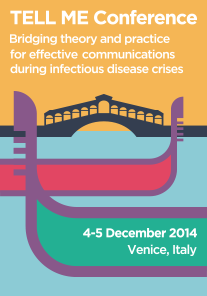D2.7 - The New Global Health Security Regime
International public health cooperation is essential to mitigate the spread of epidemics. In order to prevent or minimize harm from emerging infectious diseases in the future, it may be necessary to impose measures that constrain national sovereignty. This encouraged the World Health Organization (WHO) to revise the International Health Regulations (IHR, 2005). These regulations have strengthened WHO’s position as a central global force with authority and accountability in the field of international health, and changed the traditional approaches to outbreak communication.
This report reviewed the transformations that the IHR underwent until its current formulation in 2005 and to review the role and performance of WHO during 2009 H1N1 pandemic in light of the revised IHR.
The analysis showed that the revised IHR provided an important mechanism for controlling international infectious disease crises and significantly improve the coordination between the WHO and member states. However, the revised IHR require considerable investment by the member states. As a result, their implementation remains incomplete, particularly in countries with more limited resources.
The authors also found that the revised IHR provided impetus to health organizations to give special attention to the matter of coordination and communication between member states. However, it seems that while these channels worked on the international level, more specific instructions and guidance were needed on the national level. The results revealed that the states need more feedback on their concerns regarding lack of information or misunderstandings and adaptations required at the local level. A strategy of two‐way communication between the WHO and the member states could thus be advantageous.
Read the document online:
D2.7 - The New Global Health Security Regime


